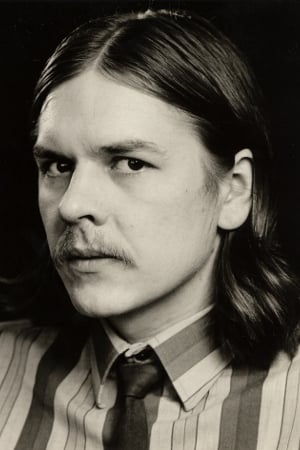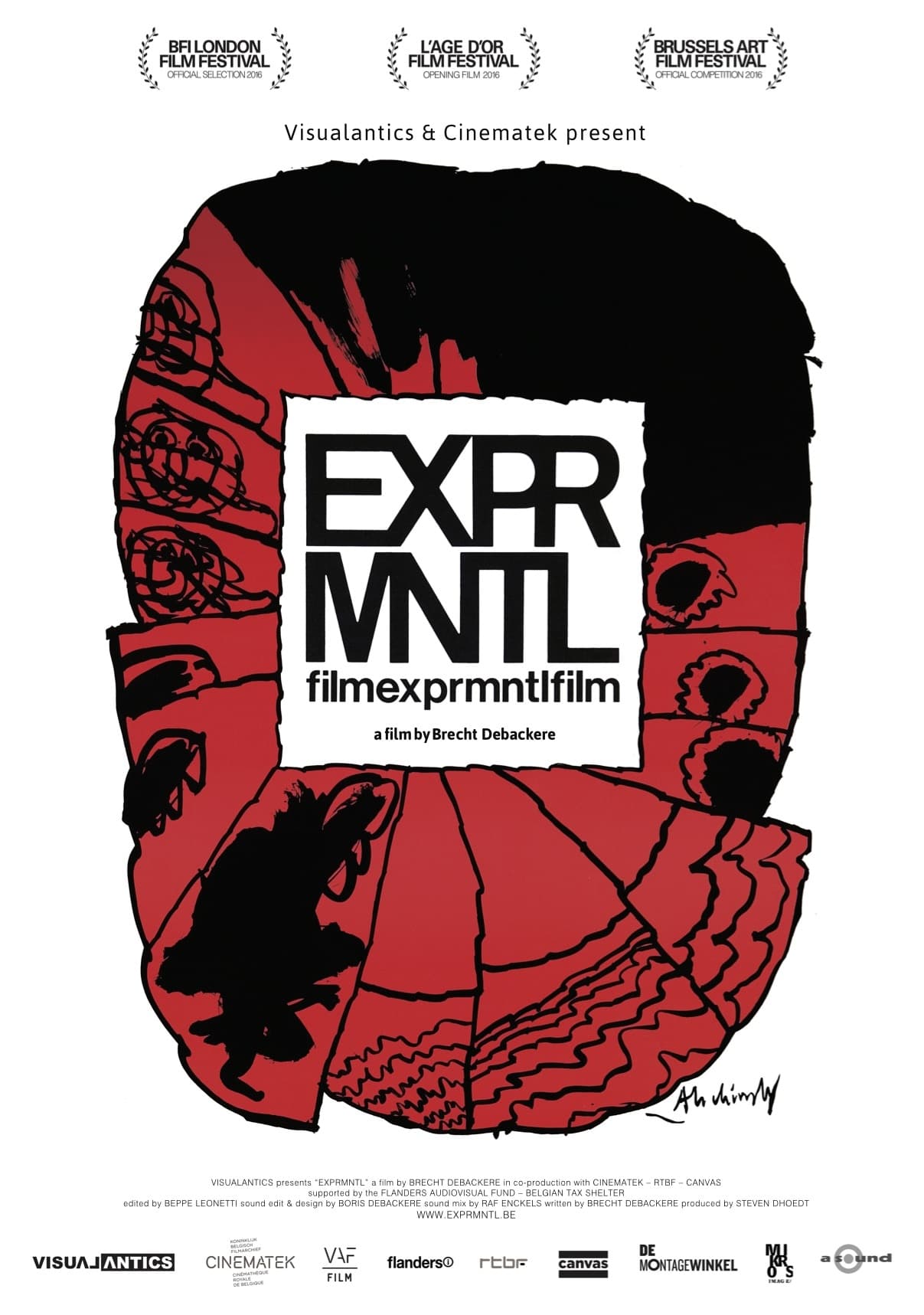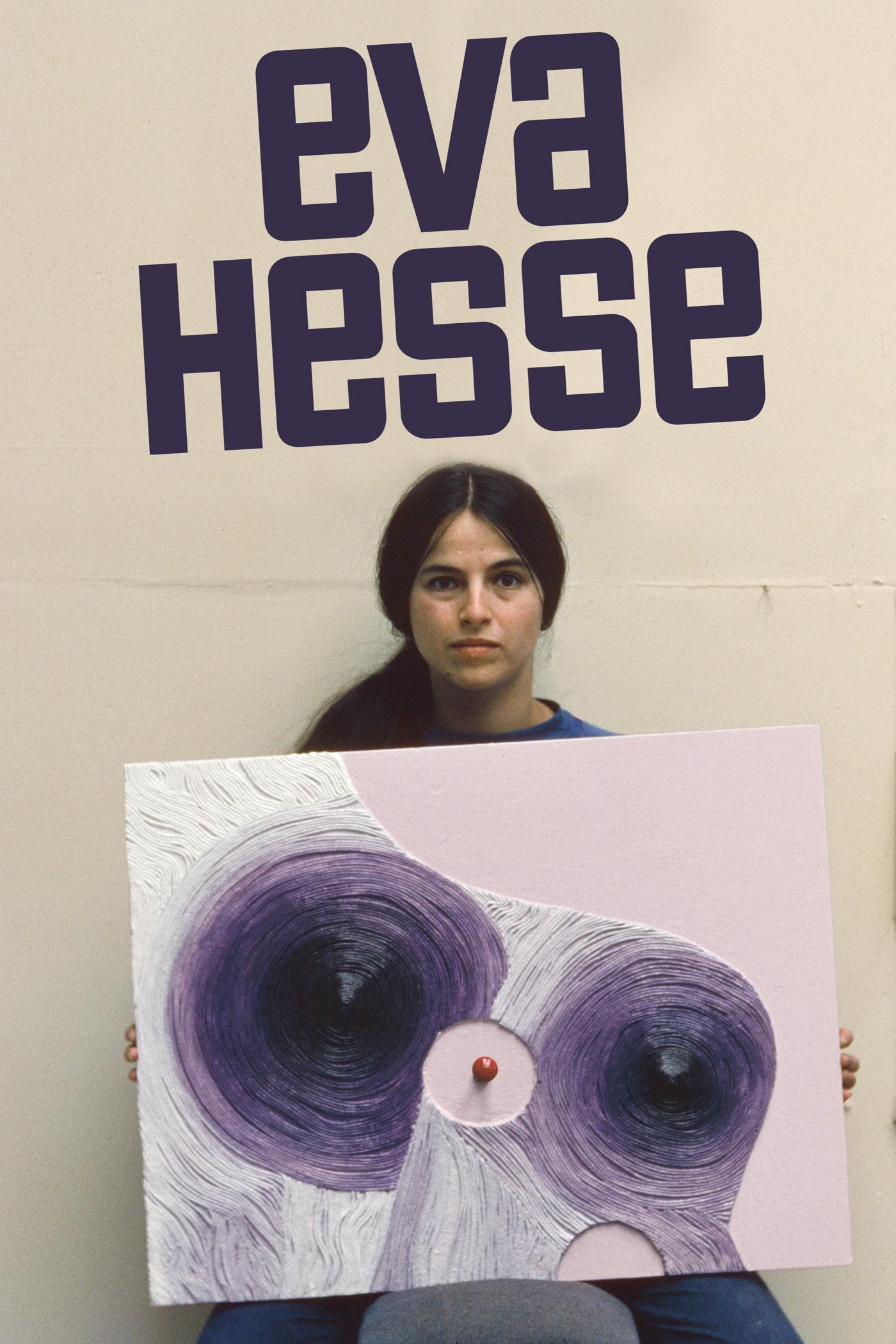
In conversations with his friends and colleagues, among them Bernd Upnmoor, Helmut Herbst, Alexander Kluge, Klaus Wyborny, Daniel Kothenschulte and Helge Schneider, Ulrike Pfeiffer takes us on a journey into the broad expanse of Nekes' cabinet of wonder and his cinematic works. At the same time, this documentary provides an insight into the history of experimental film in Germany.

Knokke, Belgium. A small mundane coastal town, home to the beau-monde. To compete with Venice and Cannes, the posh casino hosts the second ‘World Festival of Film and the Arts’ in 1949, organised in part by the Royal Cinematheque of Belgium. To celebrate cinema’s 50 year existence, they put together a side program showcasing the medium in all its shapes and forms: surrealist film, absolute film, dadaist films, abstract film,… The side program would soon become a festival in its own right: ‘EXPRMNTL’, dedicated to experimental cinema, and would become a mythical gathering of the avant-garde…

German American artist Eva Hesse (1936 – 1970) created her innovative art in latex and fiberglass in the whirling aesthetic vortex of 1960s New York. Her flowing forms were in part a reaction to the rigid structures of then-popular minimalism, a male-dominated movement. Hesse’s complicated personal life encompassed not only a chaotic 1930s Germany, but also illness and the immigrant culture of New York in the 1940s. One of the twentieth century’s most intriguing artists, she finally receives her due in this film, an emotionally gripping journey with a gifted woman of great courage.
A documentary about the 'critical mass', the Film Coop, a group of young filmmakers in Hamburg during the 1960s - a small group far from the Mainstream or the New German Cinema.
Werner Nekes was born in 1944 in Erfurt and studied linguistics and psychology in Freiburg. He then went to Bonn in 1964 where he was a head of the University Film Club and later chairman of the FIAG. He developed friendships with film directors, sculptors and painters. These included Dore 0., his companion and collaborator since 1967. He began painting in 1965 with diverse materials and objects. He started his practice of film with 8mm and went on with 16mm. He decided to free the film from narration and psychology and organized his films according to temporal units and structural systems. In spring 1967, his films were rejected by the Kurzfilmtage of Oberhausen. Thus, Nekes organized a counter-event. The same year in November, he comes to Hamburg with Dore 0., whom he marries the following month. He was a co-founder of the Hamburg cooperative of filmmakers and was a co-organizer of the « Hamburger Filmschau » in 1967. From 1973, he travelled all over the world to make seminaries about film theory and retrospectives. He moved to Mülheim an der Ruhr in summer 1978. He co-founded the Filmbüro NW in 1980 and the ICNC (International Center for New Cinema) in Riga in 1988. His work was shown at major international museums and festivals, including The Museum of Modern Art New York, or the Kassel Dokumenta. He was also a professor: from 1969 to 1972 and 2004 to 2006 at the Academy of Fine Arts (Hochschule für Bildende Künste) in Hamburg, from 1981 to 1982 at Wuppertal University, from 1982 to 1984 at the Kunsthochschule Offenbach, and, from 1990-96 at the Academy of Media Arts in Cologne. Furthermore, Nekes has compiled one of the most important private collections of artefacts documenting 500 years of pre-cinematographic experiments as well as developments in the early history of film, focusing on spatial and temporal principles of representation.
By browsing this website, you accept our cookies policy.